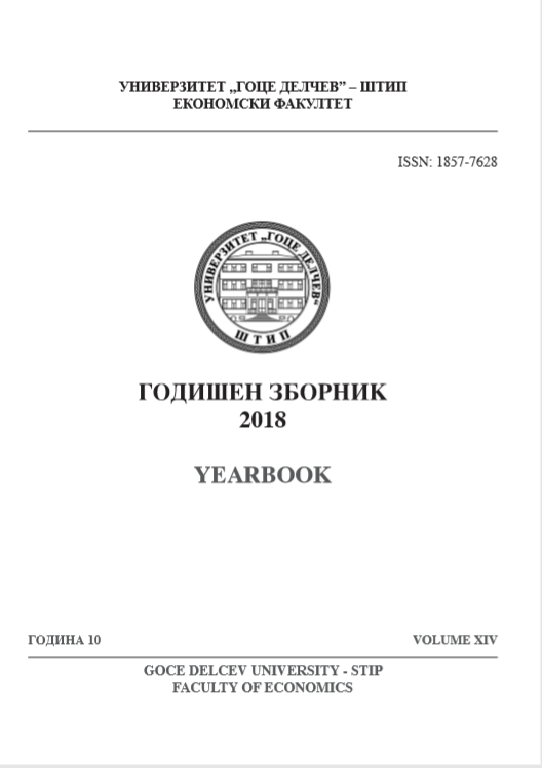ПРАВИЛНАТА ЛИДЕРСКА КОМУНИКАЦИЈА КАКО ФАКТОР ЗА УСПЕШНО ВОДЕЊЕ
Keywords:
лидерство, комуницирање, јасност, концизност, убедителност, етика.Abstract
Компаниите за да опстанат во ова современо деловно опкружување им се потребни вистински и искусни лидери кои ќе можат ефикасно иефектиквно да ги водат истите и да се грижат за исполнување на своите цели преку претходно исполнетите организациски цели. Но, да се изберат вистински лидери претставува предизвик на менаџментот на човечките ресурси. Правилното кадровско екипирање доаѓа од фактот што вистинските кадри се незаменливи. Многу организации можат да си ја дозволат најновата опрема за работа, најдобрите софтверски и хардверски решенија, но правиот лидер, сепак е тој кој што е незаменлив и тешко може да се копира од конкуренцијата. Лидерите треба да умеат мудро да комуницираат со вработените. Затоа често се вели дека тие ги водат и ги инспирираат другите преку користењето наразбирлив јазик со јасни зборовите. Упешното лидерско водење укажува на фактот дека лидерот има одлични познавања од областа на комуникацијатаи да знае да пренесува позитивен лидерки „етос“ исполнет со етичките норми. Во трудот е направен посебен теоретски и емпириски осврт за начинот на користењето на влијателен јазик во комуникацијата со цел убедително да делува на неговите следбеници со соодветен пристат, тон, јасност и концизност при водењето во реализирање на целата.

